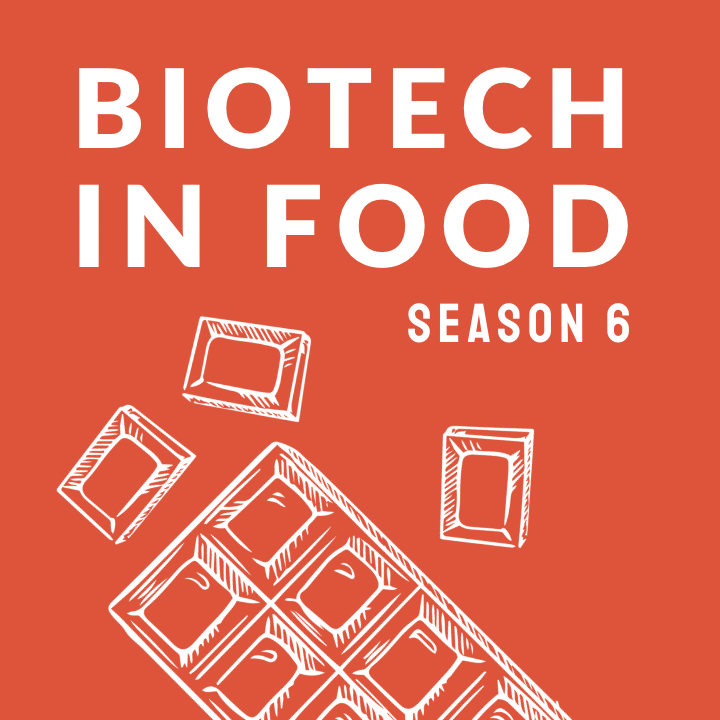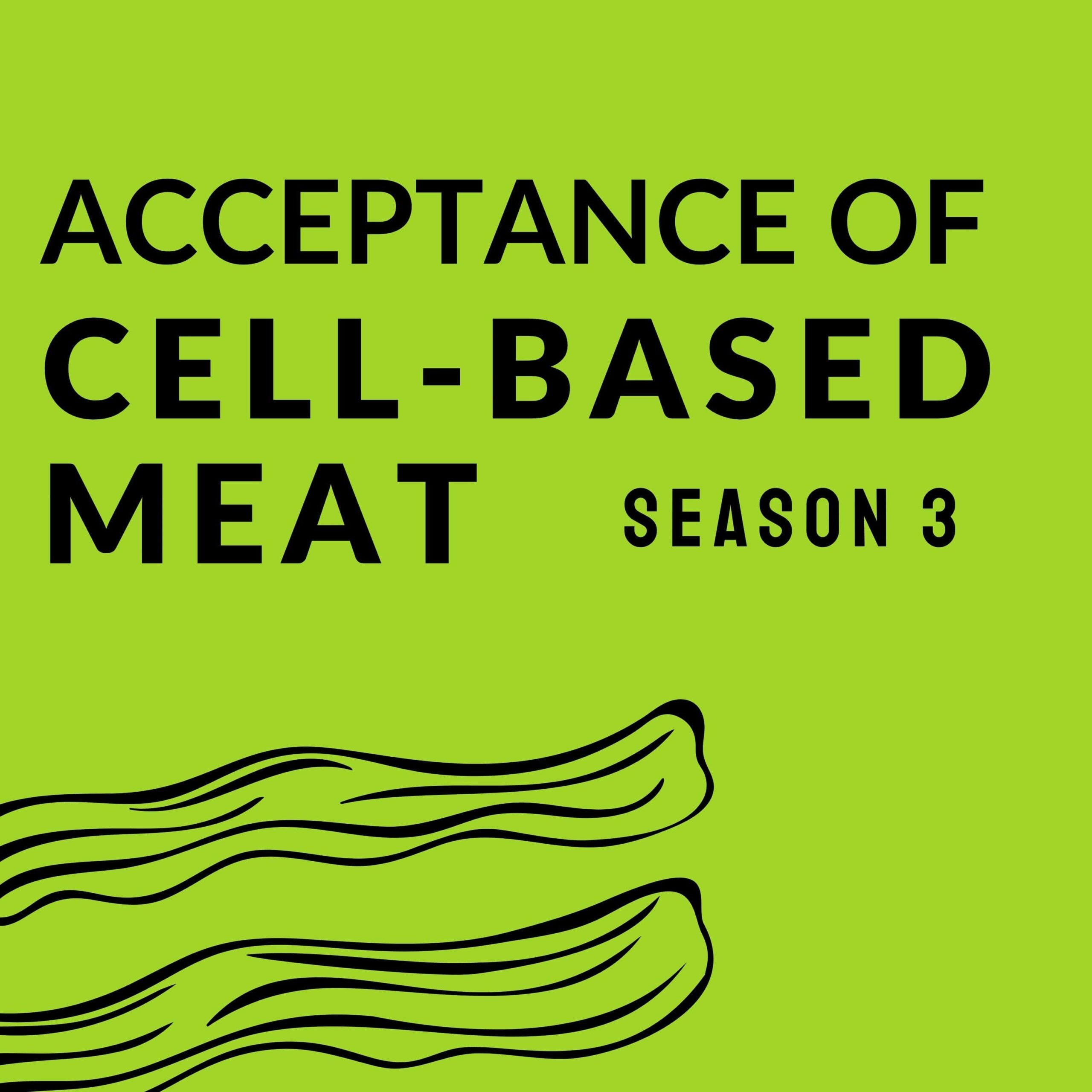
Season 6 of Red to Green:
Biotech in food
What can we learn about the newest technologies shaping our food system?
Relevant for
Anyone interested in food tech and learning about the cutting edge of science in food
structure
A series of interviews with leaders in the field.
Scope
This season includes guests from across Europe and the US from leading startups, scaleups, and journals.
Relevance
Thie season was recorded in Q4 of 2022 and gives a primer on the basics of the technolgies.
Marina Schmidt
Founder of Red to Green Solutions, host of the podcast
Debbie Yaver
Chief Scientific Officer at Nature’s Fynd
Lars Williams
Co-Founder at Empirical Spirits
Aletta Schnitzler
Chief Scientific Officer, TurtleTree
Amos Palfreyman
Co-Founder and CEO at Miruku
Larissa Zimberoff
Author: Technically Food: Inside Silicon Valley’s Mission to Change What We Eat
Ahrum Pak
CEO & Co-Founder at WNWN Food Labs
Elliot Swartz
Lead Scientist, Cultivated Meat at The Good Food Institute
Seth Roberts
Policy Manager Good Food Insituite
Marina Schmidt
Founder of Red to Green Solutions, host of the podcast











